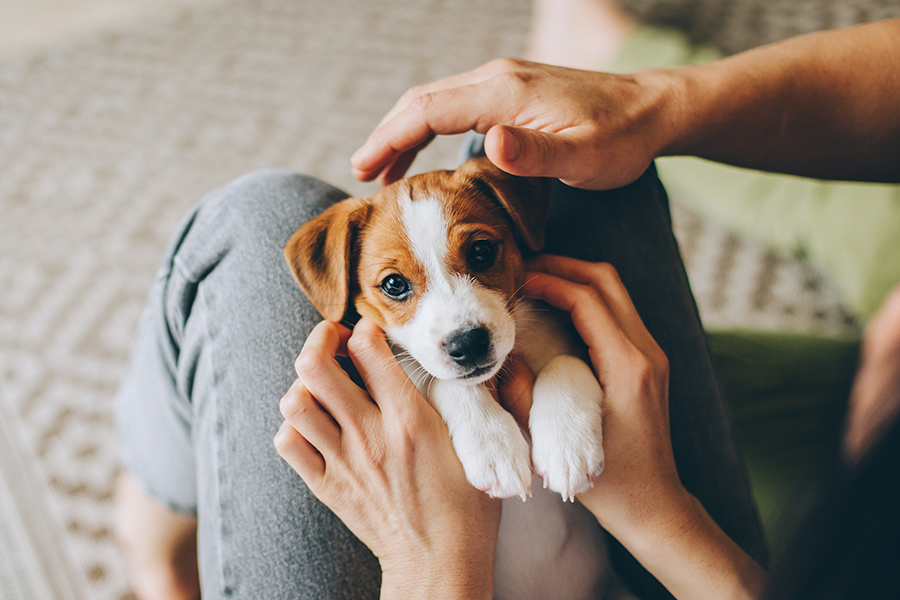
Responsible pet ownership starts with giving your pet the care they need. When adopting a pet, it’s critical to realize that you’re making sense of belonging to a furry family friend whose health and well-being rely primarily on you. You want to do whatever you can as a pet parent to take care of your animal; this includes carrying out routine, everyday tasks to keep them happy and healthy for more than just a decade of healthy and contented cats and dogs, these four ethical pet care suggestions into practice. Happily, the increased duty of bringing a furry child into the family is more than offset by the lasting joy, and affection pets bring into our hearts.
Regular trips to the best vets in Houston are the first step in responsible pet keeping. Your dog or cat needs to be examined at minimum once or thrice a year because of their shorter lifespans than humans. When your pet is young, depending on their immunization schedule, they may visit the vet more regularly. However, establishing and sustaining good pet health necessitates continuing these appointments as they age.
How to care for your pet: some tips
- Vaccinations
A key element of appropriate pet care is immunizing your animals. Make an appointment for immunization as soon as your new pet is settled in. The veterinarian will set up a vaccination program for your little dog or kitten on your initial appointment to safeguard them against illness and disease. Immunizations for dogs should be administered once you bring your puppy home for the first few months. Discuss the best time to plan that visit with your veterinarian when you go for your scheduled encounter.
- Appropriate pet food is required.
Pets need to be fed appropriately, so remember them always! Giving your pet too many treats or overfeeding him/her may result in being overweight, exacerbating existing health issues, including heart disease, kidney issues, and other conditions. Animals, like humans, require food tailored to their nutritional requirements. Cat meals are created to satisfy the dietary needs of cats, whereas dog foods are designed to fulfill those of dogs. They require special diets, which is significant.
Check for a healthy balance of protein, carbohydrates, and fats while selecting the best animal food. These are also crucial components of dog food, along with a lot of grain for the gastrointestinal system. In addition to choosing a formula for pet food suitable for your animal’s maturity, fitness, and level of physical activity, consult your veterinarian before moving your companion to a specialty diet.
- Residential Care
Your responsibility as the pet owner is to instill in your animals sound hygiene practices at home and when taking them to the veterinarian or pet groomer. Their overall health is maintained by washing their mouths, brushing their fur, and feeding them nutritious meals. Timetable maintenance and sanitary duties on your schedule to maintain a calendar for caring for your pet, and experiment with merging them until they become automatic. For example, relaxing massage after nail cutting.
- Socialization and Training
Ensuring your dog or cat are well, including appropriate socialization, is among the essential elements of responsible pet care. Although it’s ideal and most effective to start young, there is always time to pick up new skills. For any animal that you share your house with, toilet training comes first, followed by focusing on agility training. Exercise is crucial for both the physical and mental wellness of your cat. If you invest time in the internet, you already know that various animals enjoy playing.
Remember that these suggestions don’t simply apply during pet festivities; if you incorporate them into your regular pet parenting duties, you and your pets will benefit for a lifetime.